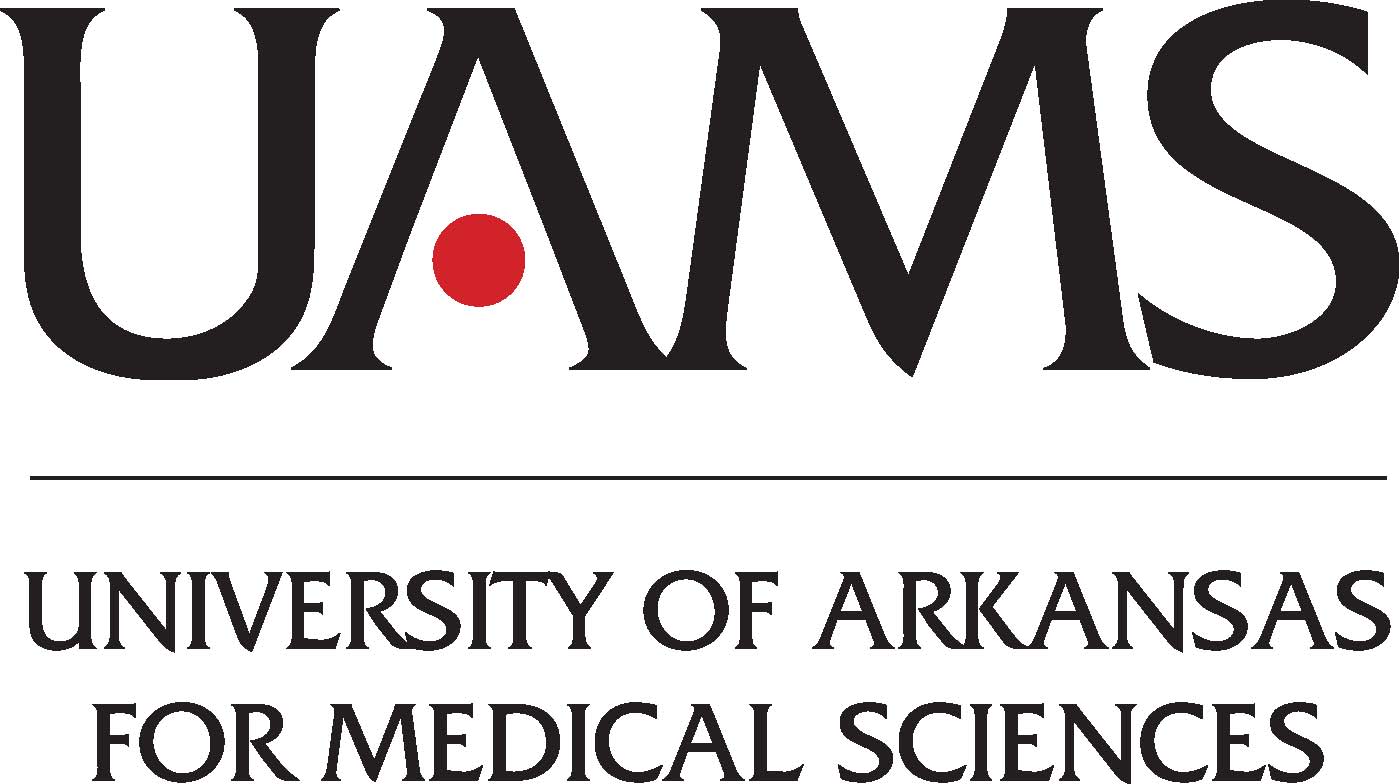An Observational Study of Childhood Food Allergy
| Status: | Active, not recruiting |
|---|---|
| Conditions: | Allergy, Food Studies, Food Studies, Neurology |
| Therapuetic Areas: | Neurology, Otolaryngology, Pharmacology / Toxicology |
| Healthy: | No |
| Age Range: | Any |
| Updated: | 4/21/2016 |
| Start Date: | July 2006 |
| End Date: | August 2016 |
A Prospective Cohort Study of Immune Mechanisms, Genetic Factors, and Clinical and Environmental Characteristics Associated With the Occurrence and Clinical Outcome of Food Allergy (CoFAR2)
The purpose of this study is to observe the natural course of food allergy, including both
the development of peanut allergy in infants at high risk for developing this allergy, and
the resolution of both egg and cow's milk allergy.
the development of peanut allergy in infants at high risk for developing this allergy, and
the resolution of both egg and cow's milk allergy.
This observational study will investigate the developmental immunology of peanut, egg, and
milk allergy in a cohort of milk- or egg-allergic children who are at risk for peanut
allergy. This strategy will help to delineate, compare, and contrast biological markers and
immunologic changes associated with the development of peanut allergy and loss of egg and
milk allergy, while simultaneously evaluating important clinical and environmental
influences likely to account for the recent rise in the prevalence of these allergies. The
hallmark of food-allergic disease is the production of food-specific Immunoglobulin E (IgE)
antibodies that represent an end result of a T helper 2 (Th2) influenced immune response.
Currently, there is only a limited understanding of the mechanisms involved in the
developmental course of food allergies. To effectively prevent or reverse the progression of
food allergy, immune interventions will be needed. Furthermore, it is likely that successful
strategies will need to be directed to those persons at identifiable risk (e.g., who have
biomarkers associated with development of peanut allergy).
milk allergy in a cohort of milk- or egg-allergic children who are at risk for peanut
allergy. This strategy will help to delineate, compare, and contrast biological markers and
immunologic changes associated with the development of peanut allergy and loss of egg and
milk allergy, while simultaneously evaluating important clinical and environmental
influences likely to account for the recent rise in the prevalence of these allergies. The
hallmark of food-allergic disease is the production of food-specific Immunoglobulin E (IgE)
antibodies that represent an end result of a T helper 2 (Th2) influenced immune response.
Currently, there is only a limited understanding of the mechanisms involved in the
developmental course of food allergies. To effectively prevent or reverse the progression of
food allergy, immune interventions will be needed. Furthermore, it is likely that successful
strategies will need to be directed to those persons at identifiable risk (e.g., who have
biomarkers associated with development of peanut allergy).
Inclusion Criteria for Children with Food Allergy: Participants who meet all of the
following criteria are eligible for enrollment as study participants:
- Atopic dermatitis evaluation
- Either
1. A convincing clinical history of cow's milk (and/or egg) allergy and a positive
prick skin test (≥ 3mm larger than the negative control) to cow's milk (and/or
egg, if egg allergy history), or
2. Moderate to severe atopic dermatitis at the time of enrollment (or by a history
prior to removal of milk and/or egg from the maternal (if breastfed) or infant
diet) and a positive prick skin test to milk or egg, or
3. Positive oral food challenge, prior to study entry, to either milk or egg with
positive skin test
- Written informed consent from parent/guardian
- Willing to submit specimen for central laboratory plasma peanut IgE
Exclusion Criteria for Children with Food Allergy:
- Participants who meet any of these criteria are not eligible for enrollment as study
participants:
- Chronic disease (other than asthma, atopic dermatitis, rhinitis) requiring therapy
(e.g., heart disease, diabetes)
- Participation in an interventional study*
- Inability to discontinue antihistamines for routine tests
- Children (other than sibling controls) from families with one child already
participating in the observational study
- Confirmed or convincing evidence of peanut allergy
Sibling Inclusion Criteria for Mechanistic Studies:
- No history of food allergy (unrestricted diet), asthma, atopic dermatitis, allergic
rhinitis (for blood sample)
- Full sibling of child enrolled in study
- Signed informed consent/assent as applicable
Sibling Exclusion Criteria in Mechanistic Studies:
- Not fulfilling inclusion criteria
- History of chronic anemia
- Disease or medication that impair immune responses
Sibling Inclusion Criteria for Genetic Testing:
- Full sibling of child enrolled in study
- Signed informed consent/assent as applicable
Sibling Exclusion Criteria for Genetic Testing:
- Not fulfilling inclusion criteria
We found this trial at
5
sites
733 North Broadway
Baltimore, Maryland 21205
Baltimore, Maryland 21205
(410) 955-3182

Johns Hopkins University School of Medicine Johns Hopkins Medicine (JHM), headquartered in Baltimore, Maryland, is...
Click here to add this to my saved trials
529 West Markham Street
Little Rock, Arkansas 72205
Little Rock, Arkansas 72205
(501) 686-7000

University of Arkansas for Medical Sciences The University of Arkansas for Medical Sciences (UAMS) in...
Click here to add this to my saved trials
Univ of North Carolina Carolina’s vibrant people and programs attest to the University’s long-standing place...
Click here to add this to my saved trials
National Jewish Health National Jewish Health is known worldwide for treatment of patients with respiratory,...
Click here to add this to my saved trials
Icahn School of Medicine at Mount Sinai Icahn School of Medicine at Mount Sinai is...
Click here to add this to my saved trials


